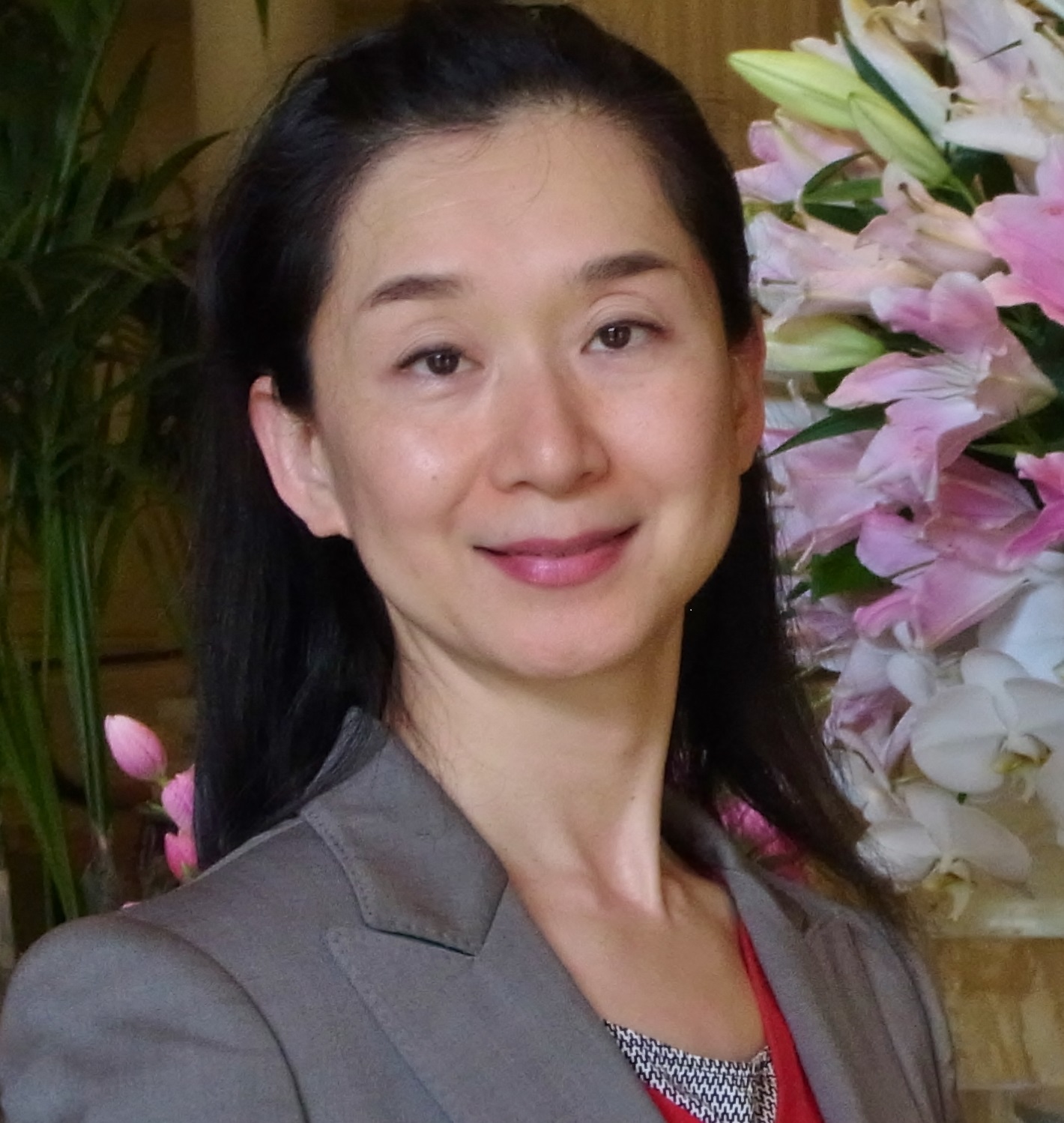Bio
Eriko Sase is an award winning scholar in Health Science. She conducts her research on “Justice in End-of-Life Care: Bioethics and Human Rights in Aging Societies” as an Abe Fellow. She is a member of The Lancet Commission on the Value of Death (2018-2021) and studies the relationship between medicine and death/dying.
Her 60+ publications include the articles from The Lancet and a book chapter in Gostin L.O. et al (eds.) Advancing the Human Right to Health from the Oxford University Press (2013). Her research encompasses social justice in health, global/public health, and healthcare policy.
She received her Ph.D. from The University of Tokyo, Japan, and was a Takemi Fellow in International Health at the Harvard T.H. Chan School of Public Health. She was the inaugural Director of the Global Health Systems Program in Wright State University.
She currently holds multiple appointments; visiting researcher in the Kennedy Institute of Ethics at Georgetown University, adjunct faculty in the Graduate School of Medicine at The University of Tokyo, visiting professor at Saitama Prefectural University, and a member of the board of directors at the Global Health Research Center of Japan.

